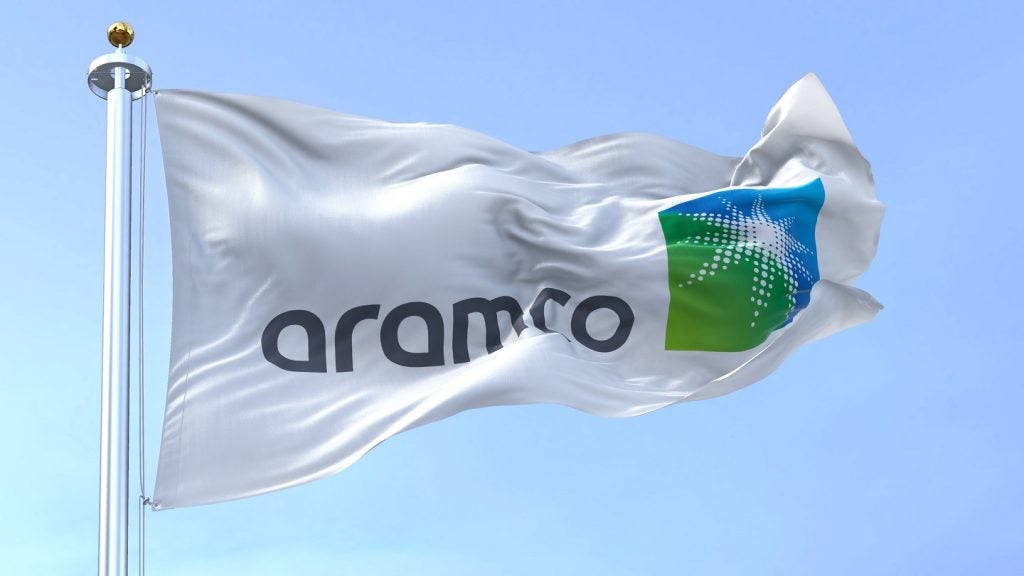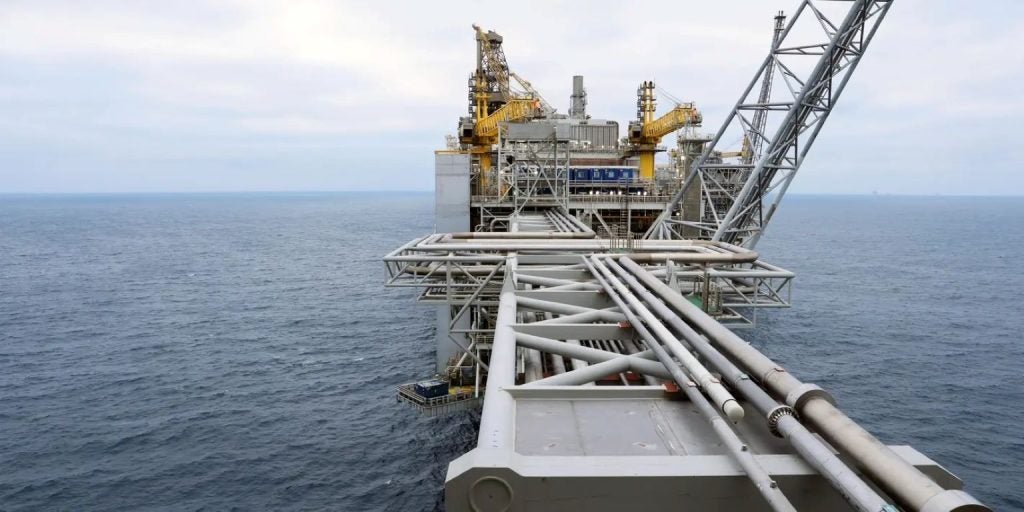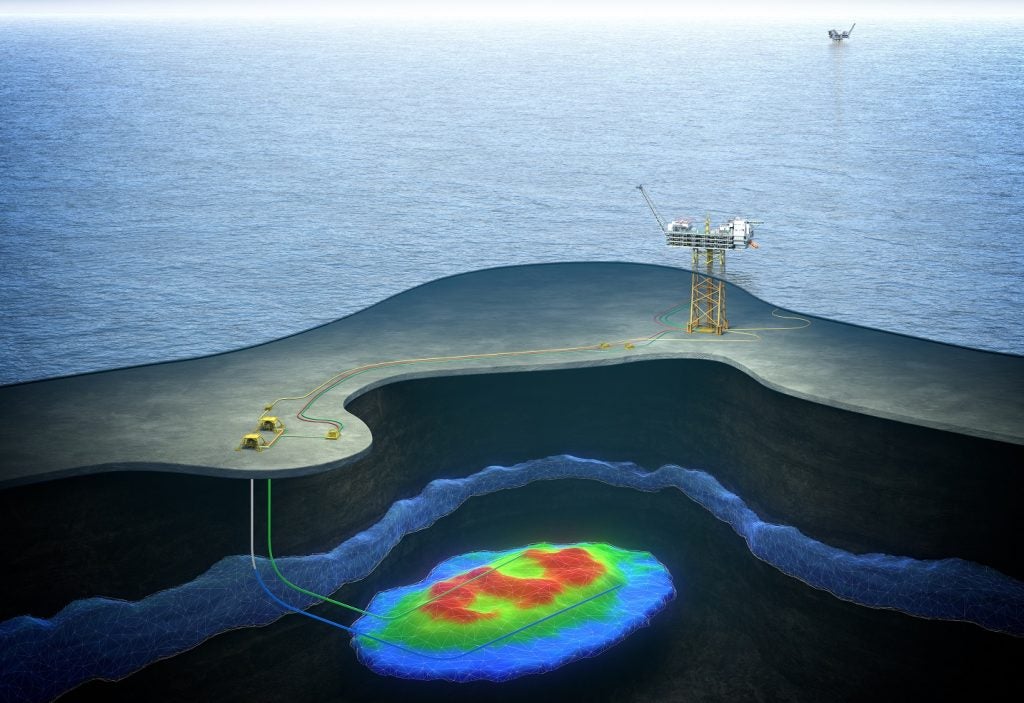
Oil prices have settled today after yesterday’s spike, which occurred after two Libyan oilfields began to shut down in response to a military blockade by renegade general Khalifa Haftar. West Texas Intermediate (WTI), after hitting $59.73 per barrel yesterday, settled today to $57.81, while Brent Crude decreased by 1.30%, with a price $64.37 per barrel, following yesterday’s peak of $65.98.
According to Middle East Economic Digest (MEED) editorial director Richard Thompson, the fluctuation of prices after a significant outage, especially in a market as key as Libya, is normal and there is plenty of spare capacity to cover the shortfall. He said: “This mirrors the pattern that we have seen following the killing of Qasem Soleimani in January and the attacks on Saudi oil facilities last September. There is an initial spike, which settles quickly once the markets feel confident that the disruption is contained.”
“In the current climate, it will require a major, long-term outage in oil production capacity in a major producer before the markets would start to get worried about a lack of supply-side capacity.”
State-owned National Oil Corporation (NOC) condemned the blockade, saying it was like “setting fire to your own house”.
NOC chairman Mustafa Sanalla said: “The oil and gas sector is the lifeblood of the Libyan economy and the single source of income for the Libyan people. The oil and the oil facilities belong to the Libyan people. They are not cards to be played to solve political matters.”
If the shutdown is prolonged, warned NOC, the country would face an immediate collapse of the exchange rate, an increase in the deficit and loss of future production.
How well do you really know your competitors?
Access the most comprehensive Company Profiles on the market, powered by GlobalData. Save hours of research. Gain competitive edge.

Thank you!
Your download email will arrive shortly
Not ready to buy yet? Download a free sample
We are confident about the unique quality of our Company Profiles. However, we want you to make the most beneficial decision for your business, so we offer a free sample that you can download by submitting the below form
By GlobalData“If the fields are shut, the production loss will be immediate. We have limited available storage at our main ports,” said Sanalla.
On Sunday world leaders met in Berlin, where they reiterated their support for the UN-recognised government headed by Fayez al-Sarraj, inviting all parties to guarantee the security of state-owned companies like NOC.
The conference conclusions read: “We reject any attempt at damaging Libya’s oil infrastructure, any illicit exploitation of its energy resources, which belong to the Libyan people, through the sale or purchase of Libyan crude oil and derivatives outside the NOC’s control and call for the transparent and equitable distribution of oil revenues.”






